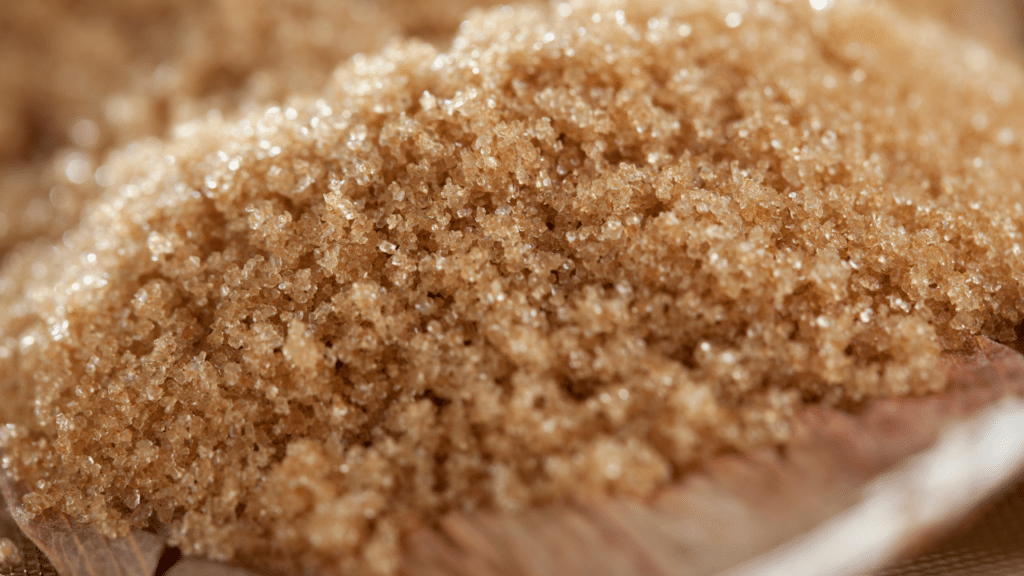La Niña could boost local sugar production – SRA

INQUIRER.net stock images
The La Niña weather phenomenon could boost local sugar production depending on its timing, the Sugar Regulatory Administration (SRA) said.
SRA administrator Pablo Luis Azcona said if the weather phenomenon occurs in the last quarter of this year as predicted, it will coincide with the period when sugarcanes have grown.
“It will increase the tonnage and hopefully, our sugarcanes will grow longer because it has enough water,” Azcona said. “With the rains coming, if La Niña comes, hopefully we can recover.”
However, the SRA chief said sugarcanes might not tiller (or produce shoots from the base of a sugarcane plant) “if it’s raining constantly.”
READ: Smooth timing sets up PH sugar sector for a sweet win over El Niño
Article continues after this advertisementThe Philippine Atmospheric, Geophysical and Astronomical Services Administration (Pagasa) had projected that La Niña—characterized by above normal rainfall conditions—would most likely form between this month and November.
Article continues after this advertisement“Most climate models combined… suggest a 66 percent chance of La Niña forming in [September to November] and will likely persist until the first quarter of 2025,” Pagasa said in its monitoring earlier.
Based on the draft sugar order sent by the SRA, sugar output for crop year 2024-2025 could reach 1.78 million metric tons (MT) which, if attained, is 7.4 percent lower than 1.922 million MT of sugar produced in crop year 2023-2024.
The SRA attributed the lower estimate to “the anticipated negative effect of the prolonged El Niño phenomenon; unless the La Niña phenomenon brings about an increase in production.”
Azcona explained that local farmers were forced to replant their crops as sugarcanes dried up because of the El Niño-induced dry spell.
Given this, the SRA would allocate the entire production to “B” or solely for domestic consumption as it has done in previous crop years, as domestic output is insufficient to meet the demand for the sweetener.
The SRA head assured the public of a stable supply of sugar until the end of the milling season around May or June next year amid the projected decrease in output.
Azcona said the SRA board already signed Sugar Order No. 1 governing the sugar policy for crop year 2024-2025 (Sept. 1 this year to Aug. 31, 2025) and is awaiting the Department of Agriculture’s approval.
The SRA earlier said the majority of mills were keen on delaying the start of the milling season supposedly to begin on Sept. 15 to improve cane maturity and increase volumes following the impact of the El Niño climate phenomenon on their harvest.
Azcona said most mills were willing to adjust their milling schedule to Oct. 1 and only First Farmers Holding Co. decided to begin milling on time.
Refined sugar was priced from P74 to P100 per kilogram as of Tuesday, lower than P85 to P110 a year ago, based on the DA’s price monitoring.
Brown sugar ranged from P65 to P90 per kg, also lower than P78 to P95 per kg previously.